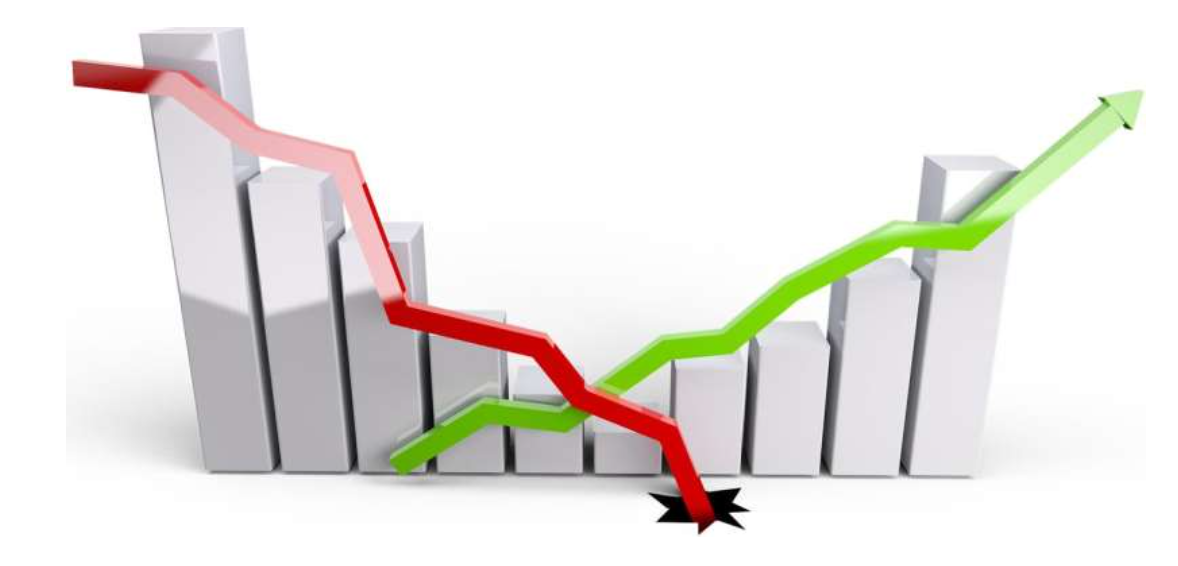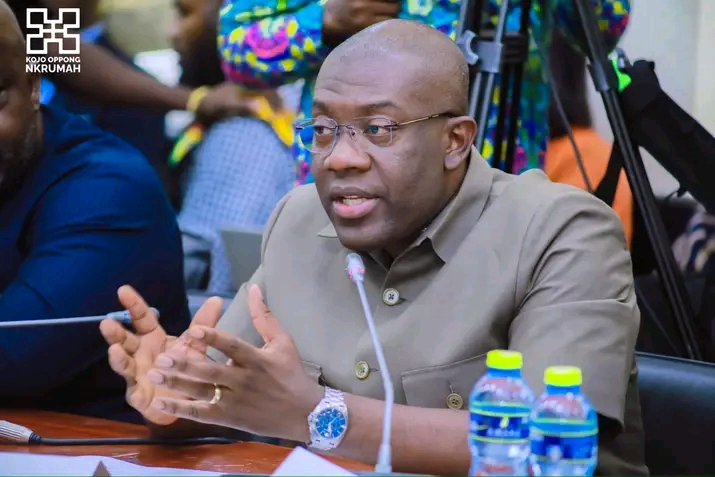Credit: Kekeli K. Blamey
Ghana’s economy showed resilience in 2024, surpassing expectations despite global challenges. Key highlights include:
- Economic Growth: Real GDP growth averaged 6.3% for the first three quarters, up from 2.6% in 2023. Non-oil GDP also grew significantly, averaging 6.2%. The economy is poised to exceed the IMF’s 4% growth projection.
- Inflation Trends: Inflation persisted, rising to 23% in November from 22.1% in October. Though lower than the 54.1% at the end of 2022, it remained above initial targets due to food price pressures and currency depreciation effects.
- Monetary Policy: The Bank of Ghana cut its policy rate twice in 2024, from 29% in January to 27% by November. Lending rates remained high, averaging over 30%, reflecting elevated risk concerns.
- IMF Programme Success: Under the IMF-supported PC-PEG programme, Ghana received $360 million in disbursements, achieved fiscal consolidation with a primary surplus of 0.4%, and increased international reserves to $7.7 billion, offering 3.5 months of import cover.
- Debt Restructuring: Agreements were reached to restructure $5.1 billion in bilateral loans and $13.1 billion in Eurobonds, resulting in significant debt relief. The debt-to-GDP ratio fell from 79.2% to 74.6%.
- Social Interventions: Funding for key social programmes, including health insurance and school feeding, increased.
- Energy Sector: Agreements were reached with Independent Power Producers (IPPs) to address legacy arrears and restructure power purchase agreements.
Ghana’s economic strategies, including fiscal reforms, debt restructuring, and energy sector agreements, positioned it as a model for effective economic recovery.







